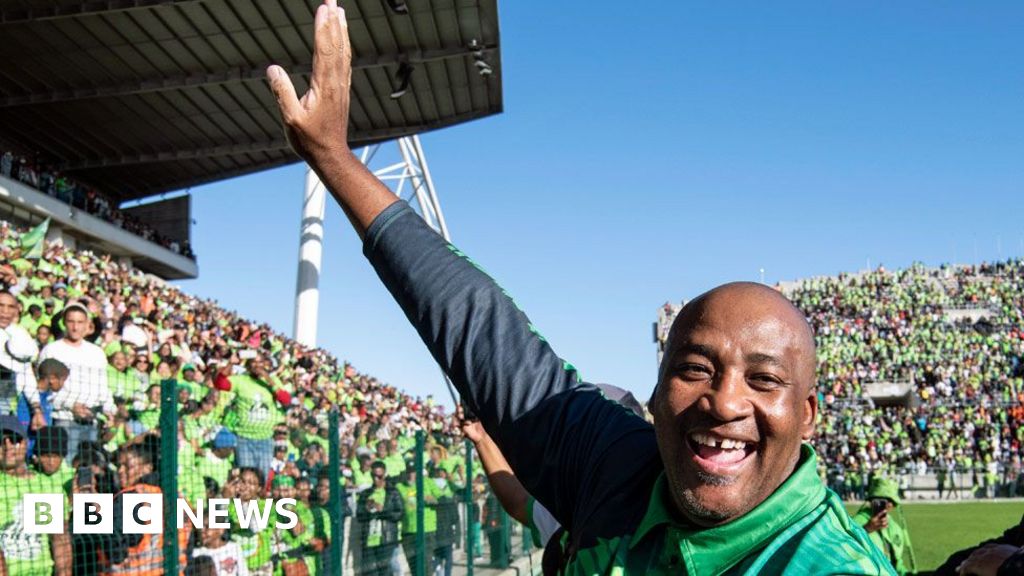From Gangster to Minister: The Remarkable Journey of Gayton McKenzie
In a striking turn of events, Gayton McKenzie, a former gangster and bank robber, has ascended to a position of national leadership as South Africa’s new Minister of Sports, Arts, and Culture. Appointed by President Cyril Ramaphosa, McKenzie’s rise to prominence highlights a story of redemption and political savvy that has captured the nation’s attention.
A Storied Past
Gayton McKenzie’s journey from infamy to political prominence is one for the history books. He committed his first bank robbery before turning 16 and subsequently spent seven years in prison. After his early release, McKenzie vowed to turn his life around—a promise he has seemingly kept. He ventured into business, becoming a nightclub owner, but faced legal challenges, including the closure of a club due to unpaid rent and electricity bills, according to IOL.
Political Ascent
In 2013, McKenzie founded the Patriotic Alliance (PA) alongside his deputy, Kenny Kunene. The party gained traction within the coloured community, a demographic term for people of mixed race in South Africa who make up about 8% of the population. The PA’s slogan, “Ons baiza nie,” Afrikaans for “We are not scared,” resonated with many, helping the party secure 2% of the national vote and a more significant 8% in the Western Cape provincial elections.
Bravado and Controversy
McKenzie’s bold, unfiltered style has garnered both admiration and criticism. Political analyst Kagiso Pooe points out that McKenzie’s “bravado” appeals to those who see a bit of themselves in him—people wanting a leader unafraid to reflect his background and speak his mind. This style can be compared to influential figures like President Jacob Zuma and former U.S. President Donald Trump.
One of McKenzie’s most controversial stances has been his campaign against undocumented migrants, encapsulated by his slogan “Abahambe,” meaning “Let them go” in Zulu. While this stance found favor with some voters, critics labeled it xenophobic and hypocritical, considering his 2013 remarks where he acknowledged immigrants’ integral role in South Africa’s economy.
Ministerial Appointment
When the African National Congress (ANC) lost its parliamentary majority in the 29 May election, President Ramaphosa had to form a coalition government. McKenzie openly expressed interest in leading the home affairs or police ministries, citing his past as a unique qualification to tackle crime. However, he ultimately received the sports ministry, a post he claimed to have originally sought in off-the-record negotiations with the ANC.
McKenzie is eager to use sports as a tool for social change, particularly focusing on car spinning—a motorsport involving performing stunts with vehicles. He aims to legitimize and regulate the sport, promising to provide safe venues and keep youth away from drugs and gangsterism.
Political Risks and Challenges
McKenzie’s inclusion in Ramaphosa’s cabinet is not without political risks. He is currently under investigation by the Western Cape government for allegedly failing to account for 3 million rand ($161,000) raised at a 2022 gala meant to improve public services. McKenzie has publicly stated he has nothing to hide, adding, “Lies have short legs.”
Despite these challenges, Gayton McKenzie’s remarkable transformation from a life of crime to a ministerial position highlights themes of redemption and the unforeseen pathways to leadership. His tenure will undoubtedly be watched closely as both his advocates and skeptics wait to see how effectively he can utilize his platform to enact meaningful change.
